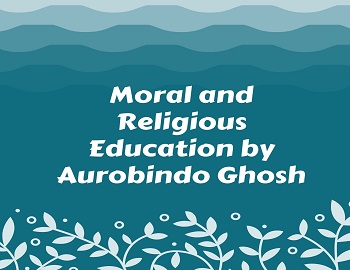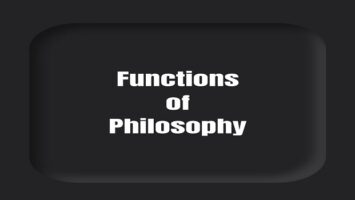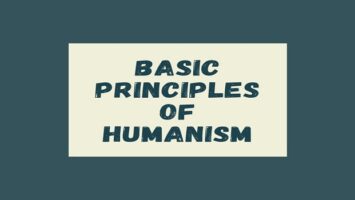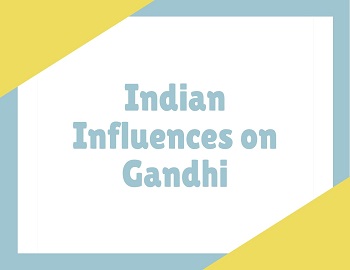Moral and Religious Education by Aurobindo Ghosh:
Sri Aurobindo puts emphasis on moral and religious education. Besides intellectual training, the development of moral and religious nature is an essential part of the education of the “complete man”, or “whole man”. In the words of Sri Aurobindo, “In the economy of man, the mental nature rests upon the moral, and the education of the intellect divorced from the perfection of the moral, and emotional nature is injurious to human progress”. Thus he thinks that intellectual education divorced from the perfection of moral and emotional nature checks human progress. Lack of moral and religious education tends to corrupt the human race. Morality and religion are related to practical life. A mere study of morality and religion is all theoretical. It will not make a man moral and religious. It may not have any influence on our way of life. The teaching of moral and religious textbooks is vanity and delusion because the heart is not necessarily educated by instructing the mind.
According to Sri Aurobindo morality consists of acting in accordance with the moral law. It requires the development of moral sense. Moral life consists of controlling impulses and instincts and forming wholesome habits.
The four components of moral nature, as Sri Aurobindo believes, are-
- Emotions.
- Formed Habits.
- Formed Associations.
- Innate Nature.
Hence the pupil should be guided to cultivate-
- Right emotions.
- Noble habits.
- Right association.
- Right action to be followed by his nature.
Moral and religious education is the education of the heart. Techniques for imparting moral education i.e. the education of the heart are as under-
- Direction and encouragement- The best way to help the child is to put him on the right road to his own perfection and to encourage him to follow it. In no way the child should be interfered within this process. The children should be encouraged and directed to analyse their bad qualities and bad habits and cultivate good qualities and good habits.
- Suggestion- In moral training, it is the suggestions that are more helpful, and not commands and impositions. The personal example in all walk of life within the reach of the child is the best suggestion. An example that is better than precept is a well-known proverb. The teacher must be a man of integrity and noble ideas.
- Opportunities for Action- The child should be given an opportunity to put into action the moral impulses that arise within him. Qualities which form a moral attitude of our Youngman are “the thirst for knowledge, the self-devotion, the purity, the renunciation of the Brahmin; the courage, ardour, honour, nobility, chivalry, the patriotism of the Kshatriya; the beneficence, skill, industry, general enterprise and large openhandedness of vaishya; the self-effacement and loving service of the in Shudra”. For developing this attitude it is essential to train our Youngman in the Aryan traditions. The teacher must be a man of integrity.
- Yoga- Moral training can be supplemented by the application of the kind of Yoga called Raja Yoga which aims at the purification of the mind and the body.
With regard to religion, Sri Aurobindo says that religion literates man from slavery. It emancipates man from falsehood and gives us the divine health of courage and nobility. The teaching of dogmas to children is no religious training worth the name because dogmas cannot help them to become pious and moral. Sri Aurobindo says, “The essence of religion is to live for God, for humanity, for the country, for others and for oneself”. It is this religious ideal that must be made an essential part of every school and college. In fact, religion must be lived and experienced. No religious teaching is of any value unless it is lived and experienced, Religion is to be lived, not learned as a creed. The use of various kinds of Sadhana, spiritual self-training and exercise is the effective preparation for religious being. The ritual of prayer, homage and ceremony may be helpful to spiritual progress if they are not made an end in themselves. It is unimportant whether any distinct training in any form if religion is given or not.









Comments (No)